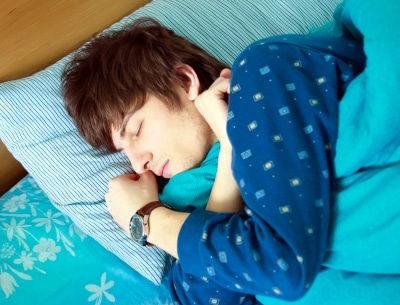 One gentleman who was recently seen for mobile physiotherapy and occupational therapy by My Rehab Team reported that he goes to bed at 8 pm, wakes up at 2 am and dozes off throughout the day. By implementing a daily activity and exercises routine, he was able to extend his sleep to 8 hours and stop sleeping during the day. Unfortunately, the improvement was short lived. Since his rehabilitation input was cut short for various reasons, the main factors which led to the relapse of his sleep disorder remains a mystery. This is why a relevant article recently published by the World Federation of Neuro-rehabilitation was interesting for us http://gallery.mailchimp.com/d2b68797895d6930cd2b91b95/files/WFNR_Update_Autumn_2012.pdf
One gentleman who was recently seen for mobile physiotherapy and occupational therapy by My Rehab Team reported that he goes to bed at 8 pm, wakes up at 2 am and dozes off throughout the day. By implementing a daily activity and exercises routine, he was able to extend his sleep to 8 hours and stop sleeping during the day. Unfortunately, the improvement was short lived. Since his rehabilitation input was cut short for various reasons, the main factors which led to the relapse of his sleep disorder remains a mystery. This is why a relevant article recently published by the World Federation of Neuro-rehabilitation was interesting for us http://gallery.mailchimp.com/d2b68797895d6930cd2b91b95/files/WFNR_Update_Autumn_2012.pdf
In this article, 3 common types of sleep disorders in traumatic brain injury were identified:
1. Sleep disturbances which are commonly experienced as difficulty in falling asleep or maintaining sleep;
2. Circadian rhythm disorders: A change in pattern of sleeping hour which may be due to a damage to the hypothalamus in the brain. This change in sleeping hour is also well known to someone who has travelled over time zones – jet lag.
3. Hypersomnia (Excessive daytime sleepiness): This is a most common problem after TBI.
The diagnosis of specific sleep disorders can be carried out in a sleep clinic. Its treatment is complex depending on the type and underlying cause(s). The modalities of management may range from environment and lifestyle management, drugs therapy (not just hypnotic drugs), light therapy, melatonin, the use of medical devices, etc.
For the Queenslanders reading this article, you can visit this website to seek for further assessment and management locally. http://www.thoracicandsleep.com.au/sleep/sleep-disorders.
Image courtesy of graur codrin, at Free Digital Photo. [Online] Available at: http://www.freedigitalphotos.net/images/Younger_Men_g118-Sleeping_Man_p33888.html (Accessed on 14th December, 2014)

